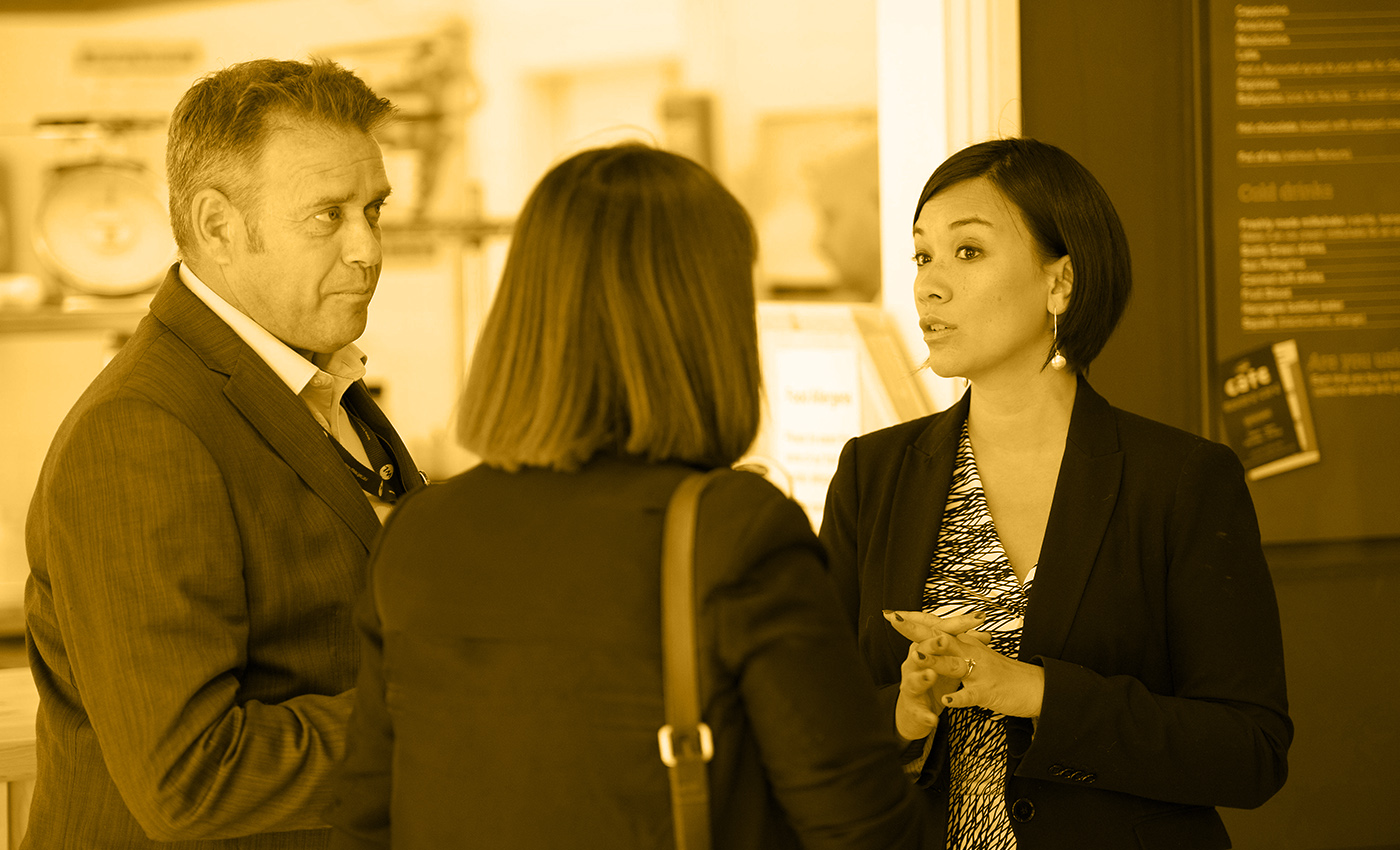The value of a reality check
By Kim Shutler, CEO at The Cellar Trust
I remember when I first got my job. It was my first (paid) role in the voluntary and community sector and my first CEO role. I met up with the CEO of another charity for some tips (a very experienced and successful CEO). One of the tips he gave me made me cringe. He said that however much his staff were struggling to cope with their work supporting clients, he would never ever step in to help. He had no contact at all with clients. It wasn’t his job he said. Not what he was paid to do he said.
It made me cringe because of course, on one hand, he was absolutely right and perhaps I was just inexperienced and naive, but on the other hand – it felt so wrong.
Finding the right balance
Over the past couple of years I have struggled to find the right balance. How to make yourself open and accessible, never asking someone to do a job which you wouldn’t roll up your sleeves and do yourself but ensure you are using your time efficiently and effectively as a CEO. As time has gone on I have had to spend more of my time being outward facing and I have less time for the open door – for people to pop in and chat to me at any time. That can be hard as it’s not in my character.
So these days, being pulled off to be involved in service delivery is a rare thing. Mostly because I have a brilliant team who don’t really need me at all. So when I do have to jump in, at the time it can feel a bit of a nightmare. My ‘to do’ list and plans go out of the window and I berate myself for failing to prioritise my time. But when I look back on those odd days, I realise they are like gold dust.
The day I spent in our crisis support service (Haven), gave me an amazing insight to the processes I had designed and what did and didn’t work. I saw what causes the pressures on the front line and how they could be helped, I heard people at the end of the phone and what they needed… and saw how we could improve the service.
Seeing what needs to be done
The day I spent with a client in crisis, because I was the only person on site she knew and because it was proving hard to navigate the statutory services gave me a direct insight into just how horrible it can feel to be passed from pillar to post. I saw how small issues can add up to cause all sorts of complications in the system – meaning someone doesn’t get the right care at the right time. So I could see what needed to be done. And because of the relationships with other services, we can now learn and work together to address some of those things.
The couple of hours I spent with a family recently bereaved by suicide, who I saw because they wanted to donate to us, and came in unexpectedly, enabled me to hear first hand the questions people have when they lose someone to suicide. And how hard it can be to understand the system and what happens next.
Remembering why we do what we do
When I’m bogged down in the likes of contracts, data, strategy and committees, doing these things gives me a nice big reality check. They reconnect me with why I changed my career to be here… why we do what we do. They allow me to experience what my team experience and that makes me even more proud of them. And finally it helps me to make the things we do better.
So no – in theory – doing these things isn’t ‘my job’ but I’m absolutely certain they make me better at my job – so I’m going to keep doing them.


